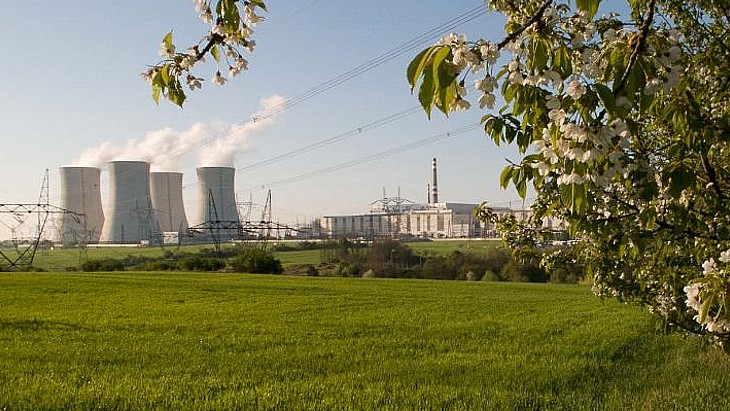France and Libya have signed a memorandum of understanding to cooperate on a project to build a nuclear-powered desalination plant in Libya. The accord was signed during a visit by French President Nicolas Sarkozy to Libya.
"The objective is to cooperate so as to work on the installation in Libya of a nuclear reactor to supply drinking water from desalinated sea water," according to French presidential aide Claude Gueant. According to press reports, Gueant suggested French nuclear company Areva as the reactor supplier: "There's only one [French reactor builder], that's Areva," he said.
Earlier in 2007 Libya's official news agency suggested a memorandum of understanding was about to be signed with the USA for cooperation on nuclear energy for electricity generation and desalination, claims that were denied by the US State Department. In February, Libya's National Bureau for Research and Development was reported to have signed a memorandum of understanding with Areva under which Areva would help to determine Libya's uranium mining potential.
In 2003 Libya halted a clandestine program to develop uranium enrichment, and fully opened itself to IAEA inspections. The country's voluntary measures earned it certain favour among Western powers. It has a Russian 10 MWt research reactor which has been operating since 1981 and is under International Atomic Energy Agency (IAEA) safeguards.
Fresh water is a major priority for sustainable development and where it is not readily available from streams or aquifers, desalination of seawater or mineralised water is an option. Many countries, especially in the Middle East, employ desalination but it is an energy-intensive process and most plants rely on fossil fuels.
The use of nuclear energy to power desalination plants has been demonstrated, and some commercially operating nuclear plants already provide power to desalination plants. Small and medium-sized nuclear power plants are seen as particularly suitable for desalination, often with co-generation of electricity. Research or feasibility studies into the possibility of using nuclear-powered desalination operations are under way in many countries including Argentina, Egypt, India, Pakistan, Morocco and South Korea. Jordan has announced plans to build a nuclear reactor for desalination and energy generation by 2015. The IAEA has a technical cooperation project on nuclear power and desalination, and many of the countries looking into nuclear desalination have sought technical assistance from the IAEA.
Further information
International Atomic Energy Agency
WNA: Nuclear Desalination information paper
WNA: Emerging Nuclear EnergyCountries information paper
WNN: USA denies cooperation deal with Libya
Libya and France sign nuclear desalination agreement
France and Libya have signed amemorandum of understanding to cooperate on a project to build anuclear-powered desalination plant in Libya. The accord was signedduring a visit by French President Nicolas Sarkozy to Libya.






_53514_33880.jpg)






